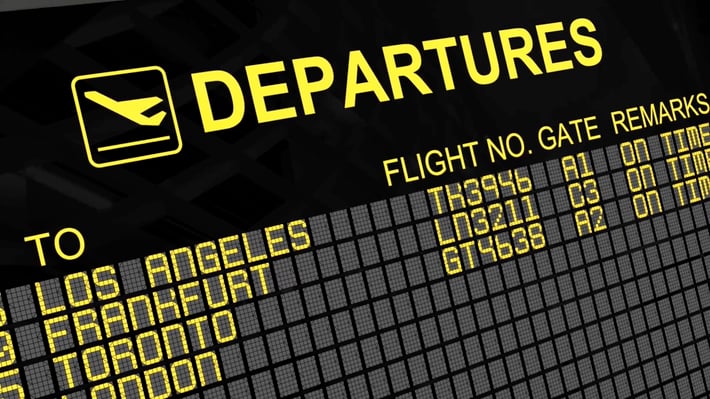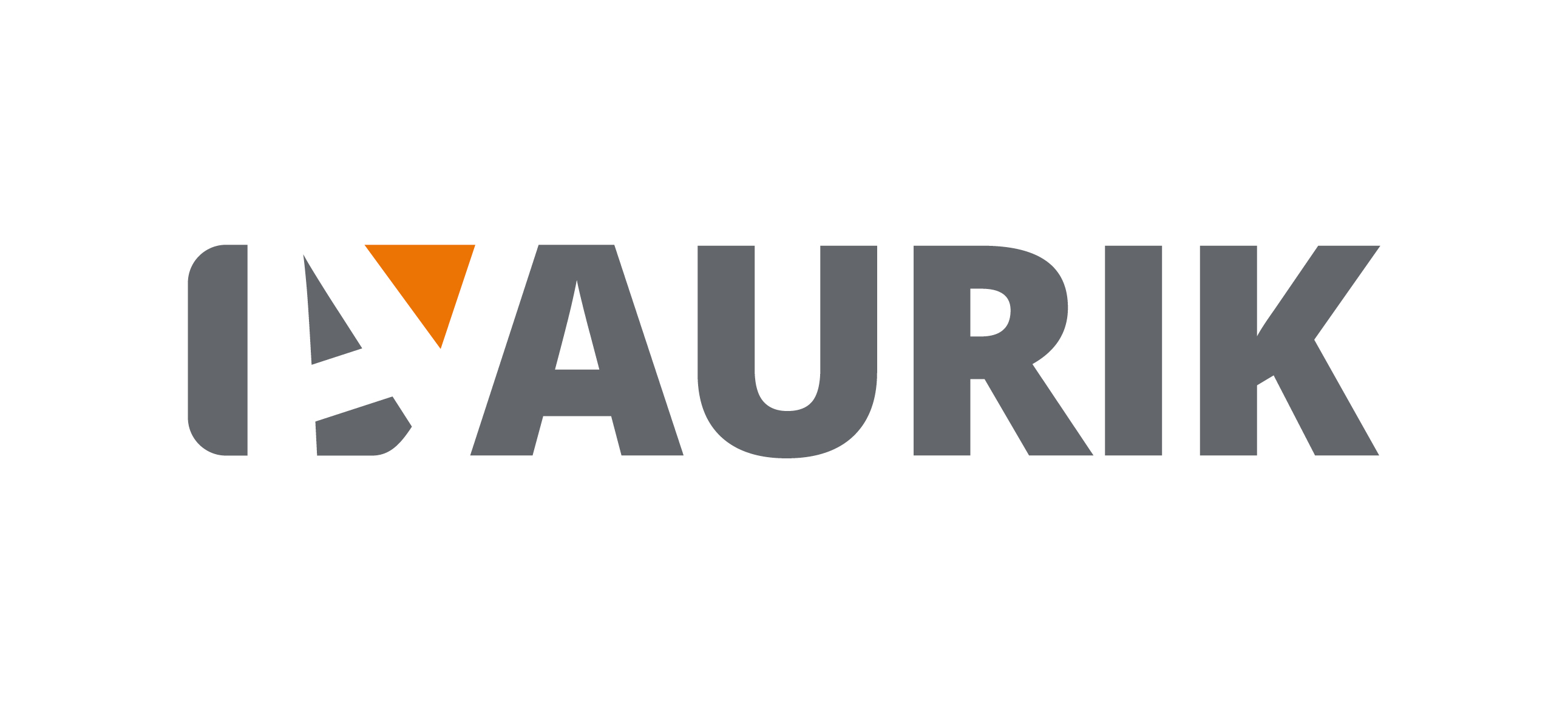Many enquiries we receive are to do with business owners who want to sell their businesses and emigrate. They are frustrated. Mostly, they have set their sights on New Zealand, Australia, the UK or the US. They feel that the future in SA is bleak, their kids will suffer limited opportunities, there is no economic growth and that government is business unfriendly. So why then have they not done it yet? Mostly it’s because they cannot sell their businesses for a value that will support their emigration and are struggling to find buyers to boot.
If this is you, you're left with two options.
You can blame someone. That feels great for the first 5 minutes, but it doesn’t resolve your frustration or predicament.
Alternatively, you can get your s**t together, act and turn your frustration around. If that sounds good to you, here are the steps to get it done right.
Listen to the podcast HERE

1. Be Grateful
The fact that you have a business places you in the top 5% of economically active people globally. Having a business gives you control over your future. Corporate life has been hell for most of the last decade and will get even worse over the next one. A business owner is cross trained out of necessity and through that can create economy for himself independently.
Be truthful that you have been on a tax strike for the last 5 years. it’s normal. Greece, about a decade or so ago, had a government and leader like Zuma and his administration. As they stole, so too did everyone else. Most private business owners live through their businesses in protest to the corruption and broken service delivery brought to SA by the Zuma administration. This fact harms your business valuation.
Good valuations require healthy profits. Most businesses operating in SA should be generating around a 22%-36% pre-tax profit when in steady state and if built right. In crude terms, your valuation is attached to that number. As it falls because of other non-business expenses flowing through the business, so too does your valuation.
Many argue this case successfully and reconstruct their income statements to reflect the real value of the business. The buyers respond by agreeing then to buy the business over a period of 1 to 3 years and attach the valuation to the generation of the profits over that period too. For example, you secure a valuation of R30m, it gets paid in 3 x ten million Rand chunks after each future year end and upon hitting certain profit targets. If you get it right, you get paid, if you don’t, your purchase price diminishes. In all cases, you are tied in for three years and your emigrating-next-week plans are put on hold.
2. Rebuild
Accepting this reality now sets you on a 3-year path. It’s more than ample time to rebuild the business to a valuation that you can set today, for the future, and build towards it. Three years fly by fast. It’s also an opportunity to ensure that not only can you get the price you want, but that you can get your business sold. Building it right means building it into an Asset of Value.
3. Be patient
This is hard. It’s hard because as you rebuild the business into an Asset of Value, it will generate more revenues and it will spit out more profit. It will also see you spending more time on growth rather than putting out fires in daily operations. You will begin to realise that the low growth economy is irrelevant to your businesses performance. Besides making more money, you’ll start having fun again, enjoying the business and its growth. The bad news is that this is the right time to start finding a buyer. Your positive frame of mind, the growth in the business and profits and the fact that you are doing the work you lovee is what will attract a buyer and a premium price for the business you’ve built into an asset.
4. Reconsider
Before committing to the sale of the business, do an evaluation of the destination you’ve chosen. The 2020 forecast places SA with the second highest growth forecast behind America and ahead of the 3 others. It also has the lowest competitive index of all 4 countries and that makes you and your skills more valuable here too. For example, a simple coffee shop and bakery in SA with, say 30 tables, would employ around 9-13 people including yourself. It would generate, on a clean income statement, a pre-tax profit of around 22%. In any of the other destinations, the same business would only be able to afford a staff of around 5 people and it would generate pre-tax profit around 5-8%.
Be sure of this: Emigration costs big money. Depending on your circumstances, success in emigration requires you to exit with real money on hand. It takes about $1m to settle, whilst renting, in a new location. Educating a kid comes in around $1.5 and a very ordinary, small home for 4, depending on where you live, starts around $400 000. In Rand terms, to give yourself and your family a fair start, you need to have R20m in the bag and the prospect of economic opportunity either in a job or in a business. The best way to get this sorted is to build your business into an Asset of Value. But again, be warned, you run the risk of then wanting to stay, because a business built right, that makes good money, is a business you’ll want to keep.
At Aurik we work with business owners who want to stay and want to go. We work with you to build your business into an Asset of Value leaving you with options and choices that you might not have had before.

